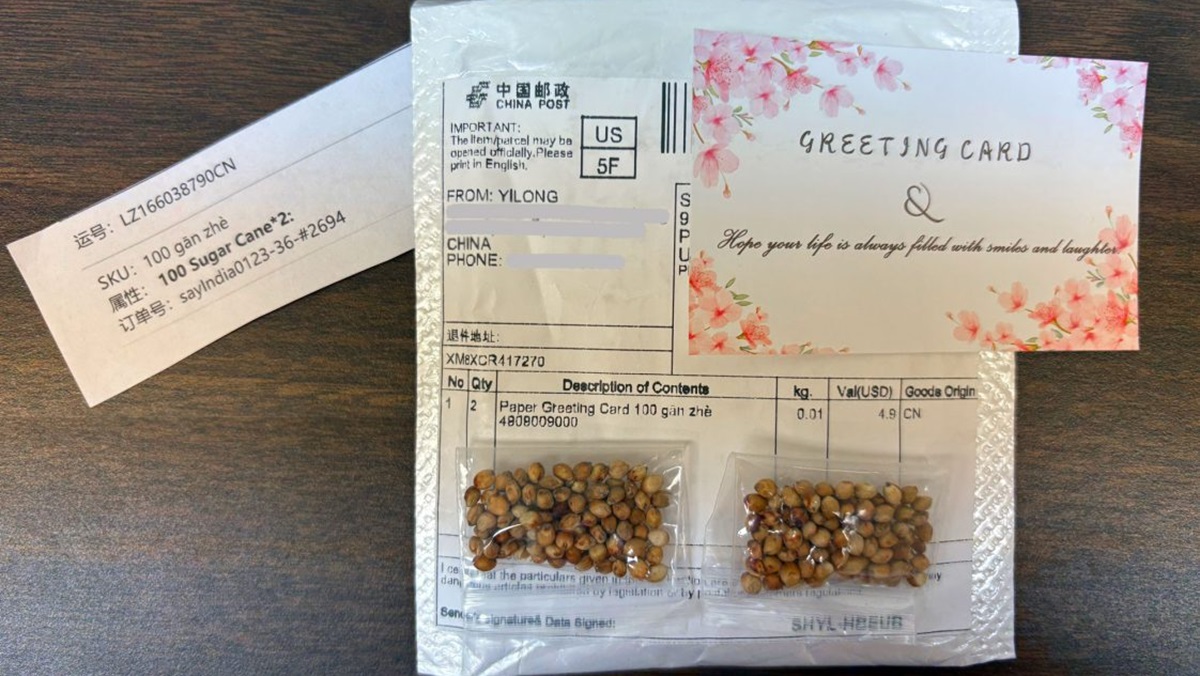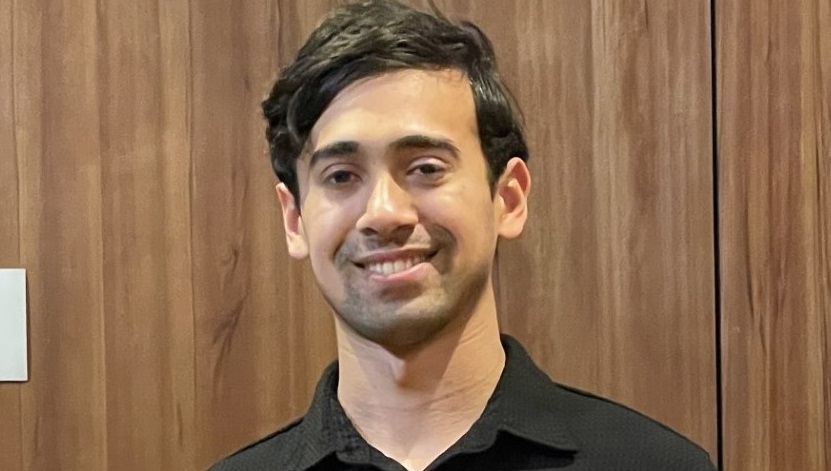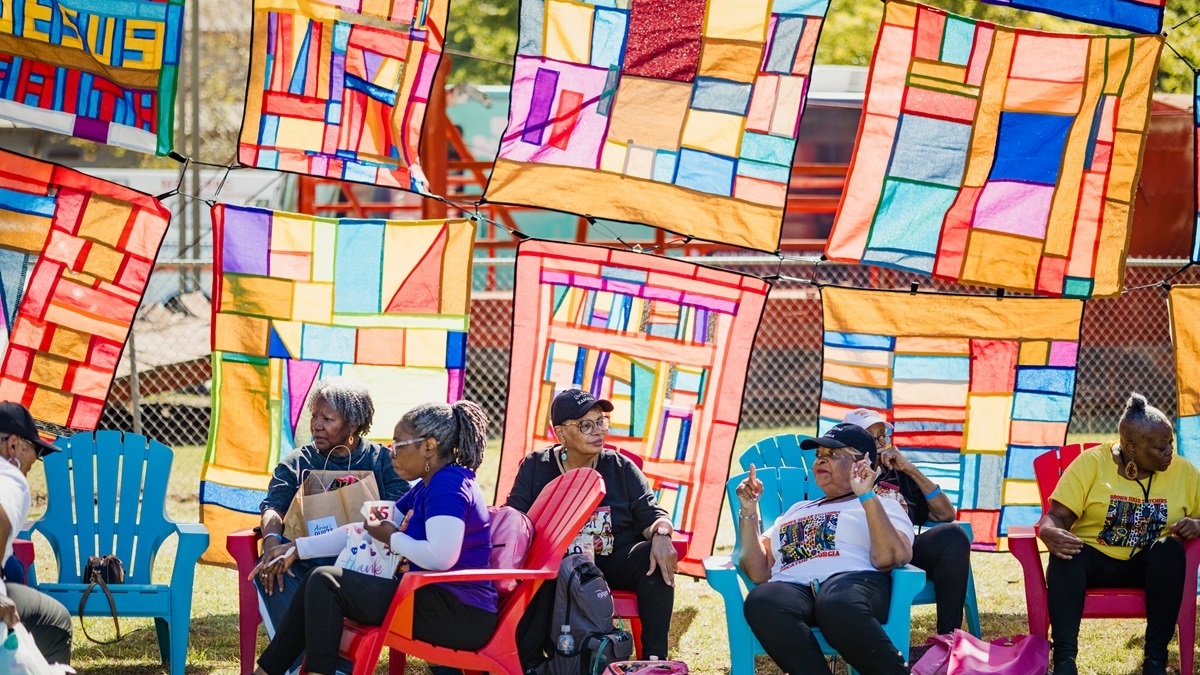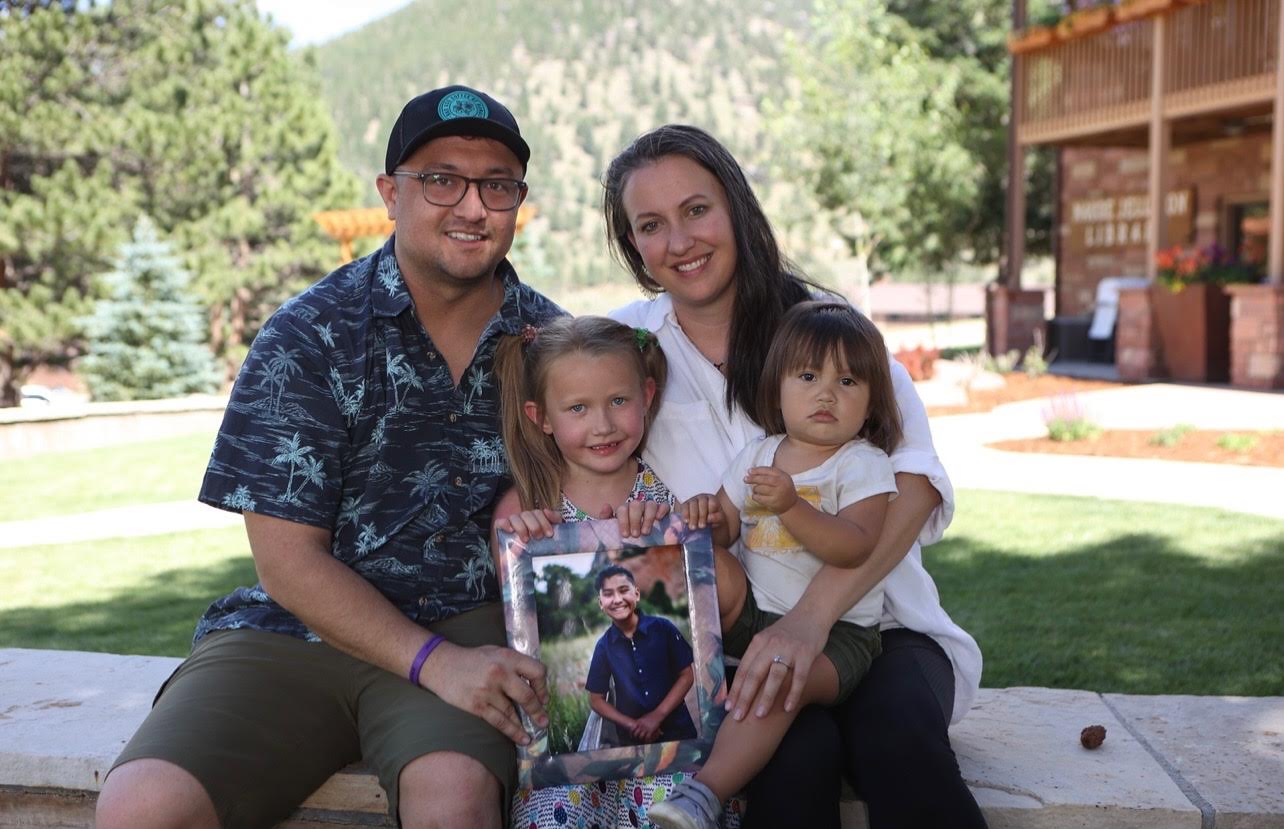Remembering Alabama author Kathryn Tucker Windham

Kathryn Tucker Windham appears at Gee's Bend. Windham, who died in 2011, was considered an Alabama treasure for her writing and storytelling, especially her ghost stories. Her renown began with 1969's '13 Alabama Ghosts and Jeffrey,' a longtime favorite in Alabama school libraries. (contributed)
Producers of The David Letterman Show once called Kathryn Tucker Windham to invite her to appear on the national late-night television show in October.
But the bright lights of New York clearly didn’t impress Windham.

Kathryn Tucker Windham (1918-2011) was a favorite of Alabama audiences and readers. Beginning as a journalist, she told a wide variety of stories but is best known for her ghost stories, which kept her particularly busy each October for the final decades of her long life. Her necklace depicts her own household ghost, Jeffrey. (contributed)
“’Oh, I couldn’t possibly. That’s my busy month,’” said Dilcy Windham Hilley, quoting her late mother. “We always teased her about missing her big national coming out party on David Letterman.”
During Women’s History Month, Alabama remembers Kathryn Tucker Windham as an amazing storyteller, author, photographer, folklorist and journalist, one who penned a pair of popular books.
“She really didn’t get to be known widely until after the publication of ‘13 Alabama Ghosts and Jeffrey,’” Hilley said of her mother, who died June 12, 2011, at the age of 93. “Then she had some notoriety within the state. Also, until she really went on the storytelling circuit, she was not widely known around the Southeast. When I was growing up, she was just Mama.”
Hilley remembers her mother as a busy woman who raised three children after the death of her husband when Hilley was 3.
“Mother had three children, 8 and under, to raise after my father died, so she was busy writing,” said Hilley, who is vice president of marketing and communications for the Greater Birmingham Convention and Visitors Bureau. “I can remember going to sleep to the sound of an Underwood typewriter tapping. It was always such a comforting sound at night.”
According to her biography, Kathryn Tucker Windham was born June 2, 1918, at Union Street Hospital in Selma. That was the hospital nearest to Thomasville, her hometown. She grew up in Thomasville and graduated from Thomasville High School in 1935 as the valedictorian of her class.
Windham attended Montgomery’s Huntingdon College, graduating in 1939, majoring in English with a minor in history. She edited the college newspaper and received the Loyalty Cup Award from Huntingdon.
Her journalism career began when she was hired as a reporter for The Alabama Journal in Montgomery (1940-42). She began there as a police reporter, the first woman in the state to cover the police beat for a major daily newspaper.
After a two-year stint as publicity director of the Alabama War Bond Committee, Windham returned to her journalism roots when she went to work for The Birmingham News in 1944. She served as state editor and aviation editor, covered the courthouse beat and generally did a bit of everything during those war years.
It was during her tenure at The News that Windham met the man she would marry, although, as Hilley says, it was an inauspicious meeting. Upon her arrival, she heard a lot about Amasa Benjamin Windham, who left his job at the newspaper to serve as a lieutenant commander in the Navy in World War II.
“Everybody talked about, ‘Amasa Windham this’ and ‘Amasa Windham that,’” the daughter recounted. “Mother said she was just sick of hearing people talk about this person named Amasa.”
The day the veteran returned wearing his white naval uniform, everyone just ran to the elevator and greeted him. But not Kathryn, who continued to type.
After he had been there for some time, he introduced himself to her. She acknowledged him but continued typing. Later, he invited her to join him with friends celebrating his return. She declined.
“They didn’t have much conversation after he came back to work for The Birmingham News until one day a copy boy came over with a note from Amasa to my mother,” Hilley said. “‘Would you be the least bit interested in having dinner with me tonight?’ Well, she replied in the affirmative that time. She said, ‘Yes, I would like that.’ Three months later, they were married.
“It was quite the whirlwind romance,” the daughter said. “I think her coyness at their initial meeting really attracted my father. I don’t think she was playing hard to get. She was not one to beat around the bush. She was diplomatic (and) she was forthright.”
Hilley’s siblings told her their father was a great storyteller. So, too, was Kathryn’s father.
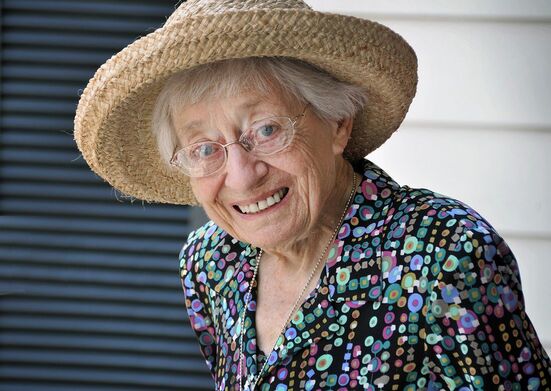
Kathryn Tucker Windham’s distinctive storytelling style, marked by suspense-building pauses, was influenced by her father, who smoked a pipe while telling his stories and often paused to puff. (contributed)
“People have often asked Mother, ‘Where did you get the pacing for your storytelling?’” the daughter said. “She was inclined to talk a little while and then stop and take a pause and then began to speak again.”
That style followed the pattern of Windham’s father, who would smoke a pipe while he told stories. His pauses were for him to take a draw on his pipe before he continued his story.
Windham’s pauses tended to draw in her audience.
“It’s an intriguing and unusual type of pacing for storytelling,” Hilley said. “They just were on the edge of their seats, to see what would come out of her mouth next.”
Windham was in great demand in October – especially as Halloween drew near – because she was well known for her ghost stories. Later in her life, Hilley said, her mother had greater interest in telling stories about her childhood in Thomasville in Clarke County.
Windham spoke of the people there, the characters in that town and the characters she knew when she was growing up. She also told her family stories.
“That’s what really interested her and what drew such a wide national audience at places like The National Storytelling Festival in Jonesborough, Tennessee,” Hilley said. “People come from all over the world for that festival and she always was a featured teller there.”
Hilley said her mother may not have been famous, but she was well loved.
“People all over the country loved my mother,” the daughter said. “She had a certain way of making people feel special, like they were important, because they were important to her life. She was such a go-getter from the time she was a teenager, there just was never a time when she did nothing. She was always doing something of importance.”



